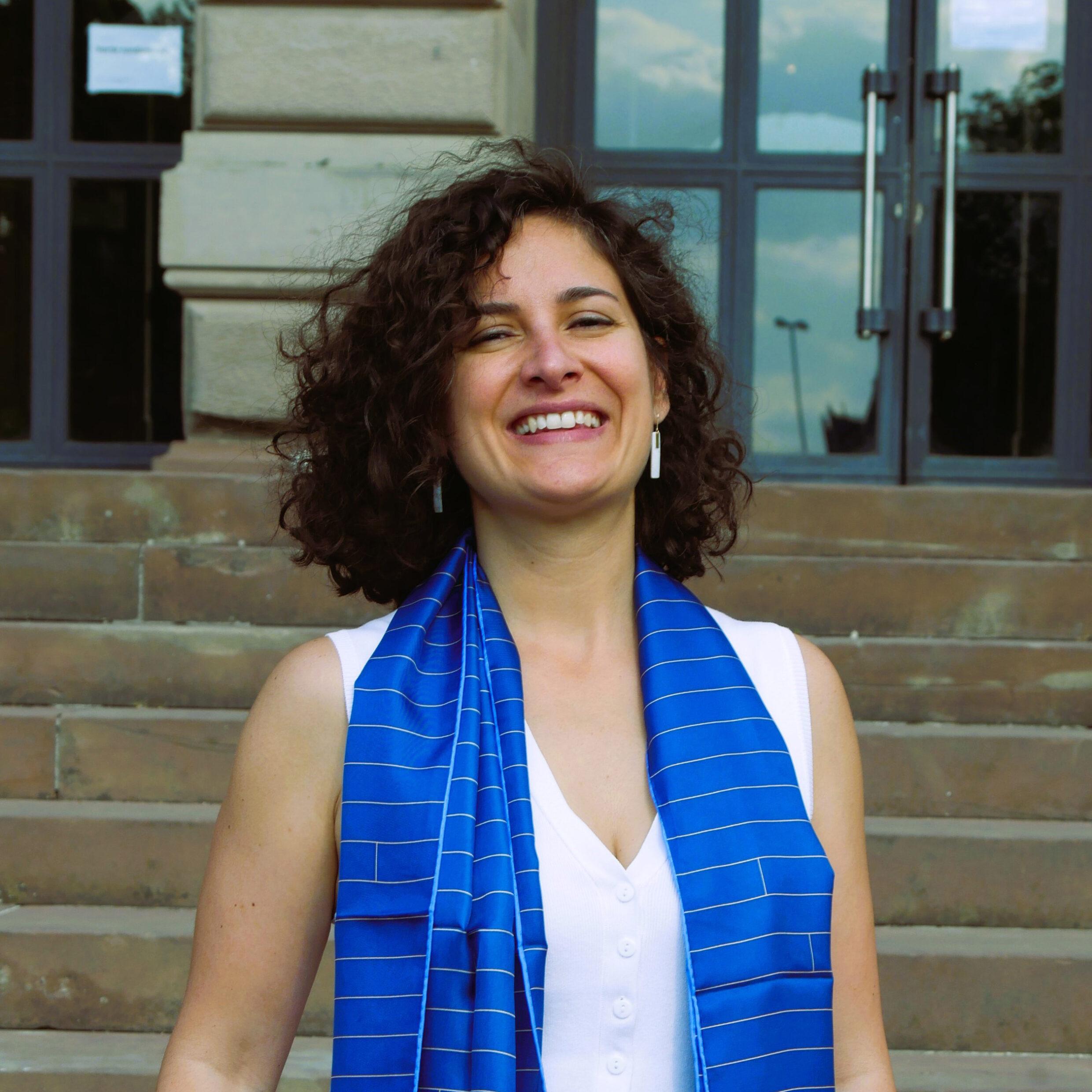Inci Öykü Yener-Roderburg

The role of Germany-based Turkey-originating religious organizations in Turkish and German Elections
Inci Öykü Yener-Roderburg is conducting a research project that investigates the intricate interplay between religion, diaspora associations, and extraterritorial voting (EV) within the context of Turkey-originating communities in Germany. With the introduction of remote enfranchisement in 2012, Turkish diasporas have witnessed a unique form of political mobilization, yet the specific influence of religious associations on voting behavior remains understudied.
Drawing on a multidisciplinary approach, this study aims to shed light on three main objectives: Firstly, it seeks to elucidate the significance of religion in shaping political mobilization within diasporas, with a particular focus on Alevi and Sunni faith-based diaspora organizations in Germany. Secondly, it analyzes the mechanisms through which these religious associations facilitate and promote voting participation during Turkish electoral cycles in Germany and during German electoral cycles in Germany. Lastly, it adopts a gender-sensitive perspective to examine the role of women within these organizations and their impact on EV.
Despite the growing body of literature on emigrant enfranchisement, the role of religion in influencing voting behavior remains largely unexplored. By focusing on Turkey-originating faith-based diaspora organizations in Germany, this research aims to fill this gap and provide a nuanced understanding of the complex dynamics at play.
Through a combination of qualitative methods including ethnographic research and in-depth interviews, this study aims to uncover the motivations, challenges, and strategies behind voting and mobilization within diaspora communities. By examining the intersection of religion, citizenship, and political engagement, it seeks to contribute to broader discussions on diaspora politics and transnational political participation.
The significance of this research extends beyond academic inquiry, as it has implications for understanding the evolving nature of political participation among diaspora communities, its impact on ‘homeland’. This study delves into the role of religious associations as significant agents in extraterritorial voting, as well as their potential impact on elections in resident countries. The aim is to offer insights that can inform policy-making and deepen our understanding of diaspora engagement in democratic processes within a transnational context.
Biography
Dr. Inci Öykü Yener-Roderburg, a research associate at the University of Duisburg-Essen's Institute for Turkish Studies and a lecturer at the University of Cologne's Cologne Center for Comparative Politics.
Until recently, Dr. Yener-Roderburg acted as an external collaborator for the ERC-funded project “Migration, transnationalism and social protection in (post-) crisis Europe”, CEDEM, University of Liège, Belgium, and contributed as a country expert for Germany in the NSW Government funded project “Building Democratic Resilience”, the Centre for Deliberative Democracy and Global Governance (CDDGG), University of Canberra, Australia.
Dr. Yener-Roderburg holds a PhD in political science (cotutelle) from the University of Strasbourg and the University of Duisburg‐Essen, and an MA from the Australian National University. Her research interests include external voting, migrants’ transnational political engagement, citizenship, and qualitative research methods. Dr. Yener-Roderburg has published in esteemed journals and is frequently featured particularly in European media.
Publications
Building Party Support Abroad: Turkish Diaspora Organisations in Germany and the UK
cogitatio press, Politics and Governance 2024, Volume 12, Article 7546
